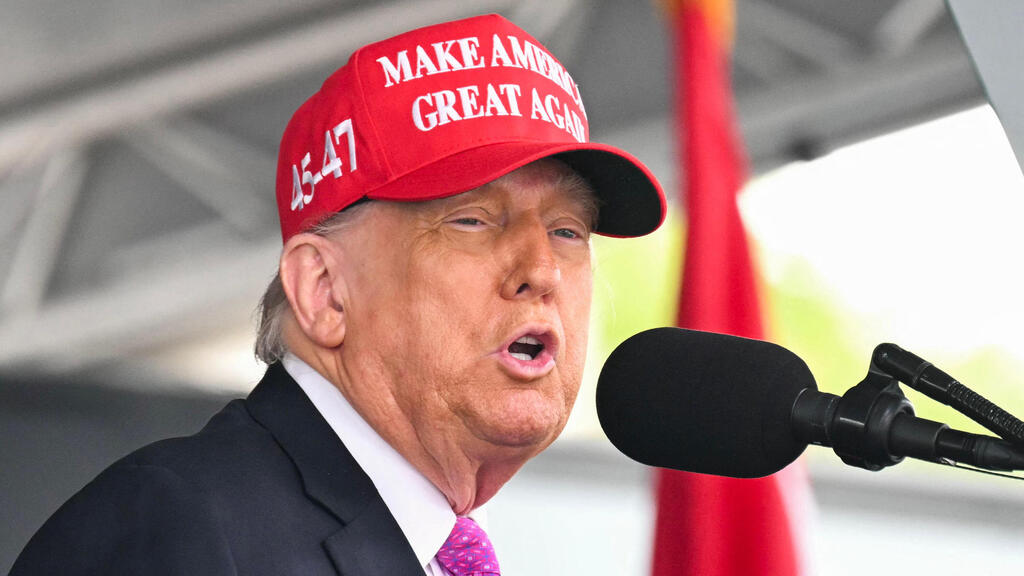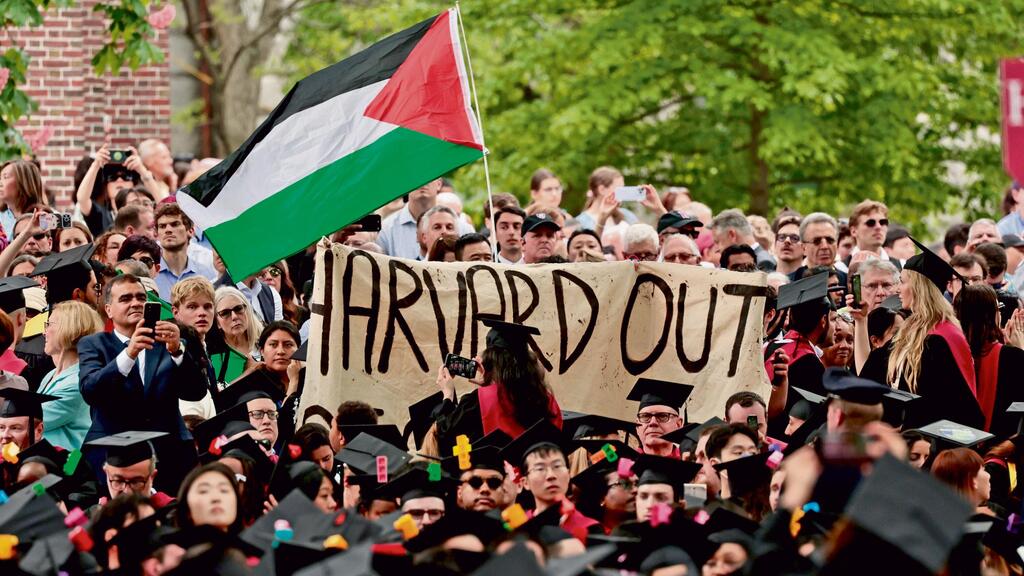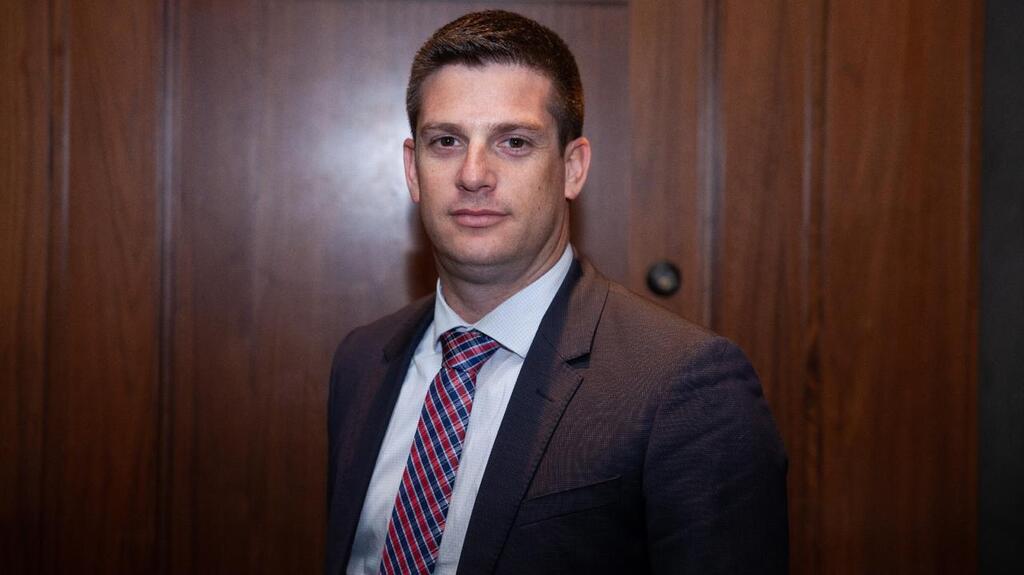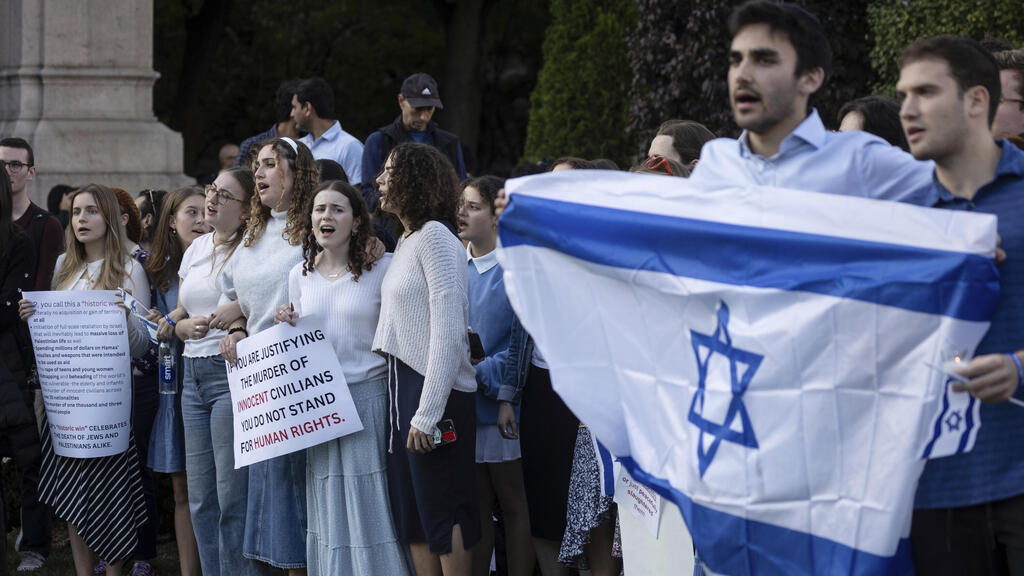A federal judge in Boston on Friday temporarily blocked U.S. President Donald Trump administration’s attempt to bar Harvard University from admitting foreign students. The ruling, however, offered little relief to theIvy League university, where about 27% of students come from outside the United States.
“This is clearly retaliation for Harvard’s refusal to comply with the administration’s ideological demands,” the university argued in its lawsuit against the ban. Judge Allison Burroughs ruled that Harvard had demonstrated potential harm even before it could argue the case in full. She scheduled hearings for May 27 and 29 to determine next steps.
Harvard enrolls 6,793 undergraduate and graduate students from nearly every country in the world. Foreign students make up 40% of the public health school and 35% of the business school. A key factor behind their importance is that they’re generally ineligible for federal aid and often pay higher tuition, making them disproportionately lucrative for the university’s finances.
The unusual order, announced by Homeland Security Secretary Kristi Noem, marks a sharp escalation in the Trump administration’s ongoing clash with Harvard amid nationwide anti-Israel and anti-American protests on elite campuses following the October 7 Hamas massacre.
The administration has demanded sweeping changes to admissions criteria and academic content at Harvard — demands the university has firmly rejected. Since Harvard President Alan Garber publicly refused those demands, the administration has slashed billions of dollars in federal research grants.
Harvard isn’t alone in facing unprecedented pressure. Other elite institutions, like Columbia University — considered a central hub of recent anti-Western protests held under the banner of “Palestinian solidarity” — have also suffered major federal funding cuts.
‘Now more than ever, we need more Israelis and Jews here’
Omri Atar, 39, a graduate student in the executive program at Harvard Kennedy School, told Ynet: “I’m here with three kids and don’t even know if I should enroll them for next year. It’s incredibly stressful — I’m finishing my studies in a week, but even our work visas are affected since Harvard sponsors them. Incoming students are already in full-blown panic.”
“Right now, everything’s on hold,” he added. “It’s a complicated feeling. I’m an IDF reservist who just came back from duty and I try to represent Israel on campus and in the community. But ironically, in the fight against antisemitism — which I’m personally engaged in — I may end up outside the system. Am I willing to sacrifice myself for the greater good? That’s a tough question.”
Get the Ynetnews app on your smartphone: Google Play: https://bit.ly/4eJ37pE | Apple App Store: https://bit.ly/3ZL7iNv
Atar said antisemitism at Harvard remains a real issue: “Last week, a diplomat was murdered in a Western country — that’s where unchecked hate can lead. There are Jewish deans here and the university president is Jewish too but antisemitism hasn’t disappeared.
“There are real identity struggles for us as Israelis and Jews — especially when not all American Jews support Israel. We’re caught in the middle, fighting antisemitism but also being harmed by it.”
“Then critics say: ‘Look — the administration is using antisemitism as a pretext to hurt Harvard. They don’t actually care about Jews or Israelis.’ It’s complicated,” he added. “But that’s exactly why more Israelis and Jews must be here. Our voices need to be heard, especially now. If we don’t show up, we’ll lose Harvard. And it’s still a very important institution.”
Despite everything, Atar said he doesn’t regret coming: “I’m a reservist, I served in the war and I came here with a clear and open stance. I have plenty of criticism for our government but the discourse at Harvard is extremely one-sided. I haven’t experienced direct antisemitism but there is exclusion.
“You’re not invited to Middle East discussions — you’re not part of them. On October 7, while we were at memorial services, Harvard held an event about ‘genocide committed by Israel in Gaza.’ There wasn’t a single Jew in the room — we were all attending memorials.”
“That kind of exclusion goes deeper than antisemitism, and people here don’t hold back. It has to stop. I’m not sure what the right response is, but if action is being taken, it shouldn’t single out Israelis,” he said.
“That would just draw fire and hostility. People will say Israelis are pulling the strings — and that doesn’t help us. Sure, the government needs to act against terror supporters. The man who murdered this week in Washington shouted the same slogans heard on campus. But this executive order is more of a political statement than a practical move.”
Another Israeli graduate student at Harvard, who asked to remain anonymous, told CNN: “It’s very important for Israelis and Jewish people to come here and still be very strong in what they believe in. And not only in Harvard, I would say in American academia and on American campuses right now, more than ever.
‘The administration is using Jews and Israelis’
A different Israeli postdoctoral fellow at Harvard told CNN she believes Jewish students are being used as “pawns” by the Trump administration. Speaking anonymously out of fear she’d be barred from reentering the U.S., she said the government was using the university as a vehicle to “have this battle with academia that is much bigger than Harvard.”
“The administration is clamping down on ideas that don’t always align with it, rather than (having) an actual concern for the safety of Jewish students, Israeli students,” she said. “I do feel like we’re being used.”
Omar, 40, another Israeli postdoc at Harvard who lives in Cambridge with his wife and three children, told Ynet he hasn’t personally encountered antisemitism but has felt the impact of the surprise executive order.
“I haven’t experienced anything myself but friends have faced some serious incidents. Things calmed a bit in recent months, but the tension is still there — especially at the law school or the Kennedy School. Last year was really intense.”
“The order is currently frozen. My wife is also here on the same visa. We’ve been here nearly a year and the program’s about to end, so the impact on us is smaller — but my kids were hit first. Their lives are already here. Back in Israel, they have nothing. You can’t just ‘send them back.’
“That means selling our belongings, our car, canceling direct debits and rental contracts — all under extreme time pressure. People put their lives on hold to join five- or six-year programs and now they’re in survival mode. It’s awful. But you also don’t want a revoked visa on your record.”
Omar added: “It feels like the administration sees elite universities as liberal strongholds — and wants to hit them where it hurts. But the people paying the price are foreign students. The government doesn’t care about me. This may be aimed at some activist students but I’m the one packing up, pulling my kids out of school and heading back to a place where we have nothing.
“It’s become a deeply personal story. At the end of the day, in this clash between government and academia, the ones suffering most are those on the margins — students, families, people whose futures depend on these programs.”





